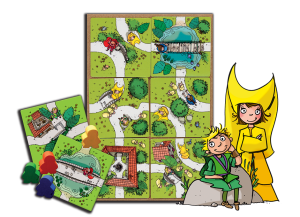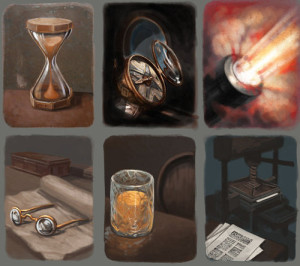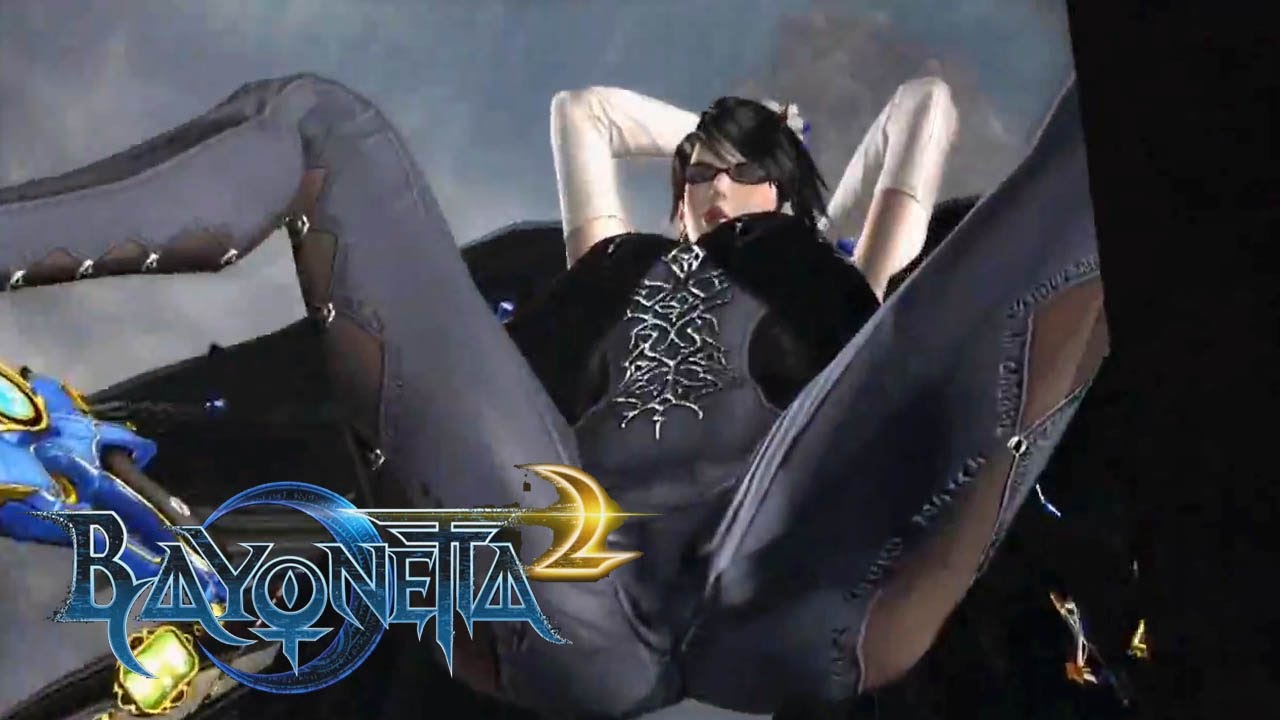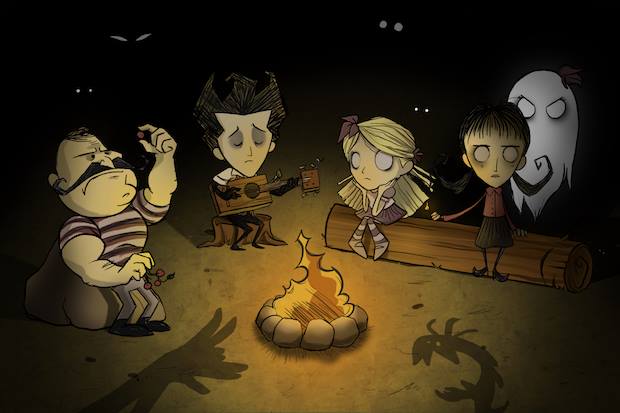 There are lots of really cool board games available for children outside of the run of the mill Candy Land, Game of Life, and the like. In the last couple of years I have discovered more kid friendly versions of adult board games like Catan Junior, My First Carcassonne, and Sequence Junior which do a great job of making the rules and mechanics of the games more kid-friendly by using cards and visuals to help little ones keep track.
There are lots of really cool board games available for children outside of the run of the mill Candy Land, Game of Life, and the like. In the last couple of years I have discovered more kid friendly versions of adult board games like Catan Junior, My First Carcassonne, and Sequence Junior which do a great job of making the rules and mechanics of the games more kid-friendly by using cards and visuals to help little ones keep track.
As my daughter gets older I am finding that she has learned the rules of the games well enough from the “junior” versions of the games that it has been easier for her to begin to play the original versions of the game. We have the additional issue of needing games that allow for 2 player play because while we do play a lot with other people, some days just get declared “game days” and we spend the day playing board and video games and most of the junior versions of the games allow (and play well with) two player play.
 Even with the increased availability of “junior” games there are still games that Pea and I want to play that may be a little too difficult for her at this point. That’s when we have to get inventive. One of those games is the game Timeline. Timeline is a history based card game that comes in multiple versions covering categories like inventions, historical events, discoveries, music and cinema, and a lot more. For some reason both Pea and I were drawn to the game. The cards were beautiful (reminiscent of the cards in Dixit) and told us the dates they happened/were invented/were discovered. (Supplementing facts from reference materials also adds to the fun.)
Even with the increased availability of “junior” games there are still games that Pea and I want to play that may be a little too difficult for her at this point. That’s when we have to get inventive. One of those games is the game Timeline. Timeline is a history based card game that comes in multiple versions covering categories like inventions, historical events, discoveries, music and cinema, and a lot more. For some reason both Pea and I were drawn to the game. The cards were beautiful (reminiscent of the cards in Dixit) and told us the dates they happened/were invented/were discovered. (Supplementing facts from reference materials also adds to the fun.)
As the game’s name suggests the point of the game is to create a timeline. Each player gets 6 cards (in 2 player mode) and then they must place them in chronological order without looking at the dates on the back of the card. For every card placed out of order you have to draw a new card from the deck and the player who runs out of cards first wins. The rules of the game are simple enough, but knowing the dates is a little advanced for a 7 or 8 year old. But, we grabbed the Inventions deck, because it looked steampunky and Pea loves learning about how, when, and why things are built, and got a little inventive ourselves.
First off we made the game all about critical thinking rather than the recall of dates. We went through each of the cards in our hands and talked about where they would be positioned logically. For example, the invention of a device that require electricity would logically come after the discovery of electricity. Playing the game in this way gave us the chance to ask some interesting questions like “Did the telephone come before or after the telegraph?” and “Why do we think so?” And these are things that we worked through together. We were playing the game more cooperatively than competitively. We were forcing ourselves to think about what things could not exist without the other and sometimes that involved thinking about other things that may have been created in the interim, especially when we were presented with a hand of cards that seemed to not be directly related to one another like the invention of the movie projector and the invention of the telescope.
Thinking about history in this way has been far more fun than simply recalling dates and gives us the ability to think about the world critically. And I hope that this exercise of critical thinking skills is something that she continues to do when she is faced with other situations where she may not immediately have access to the information that she needs to solve them in a traditional way. In a nutshell, Timeline is fun and informative for kids and (historically rusty) adults alike. Multiple decks from the series can be combined for more of a challenge and you can grab them at your local game store for less than $15 each. Grab a deck and have at it.




